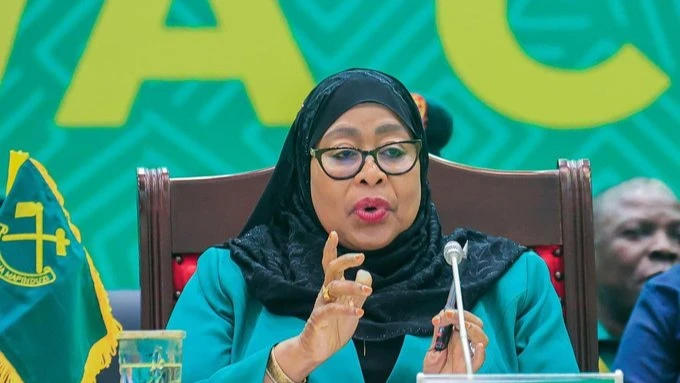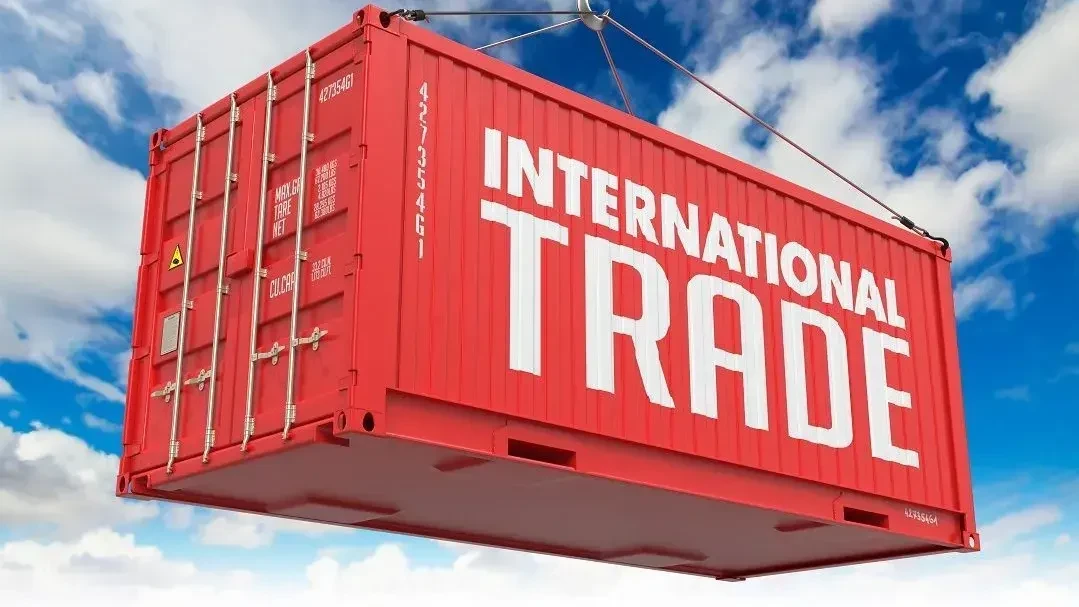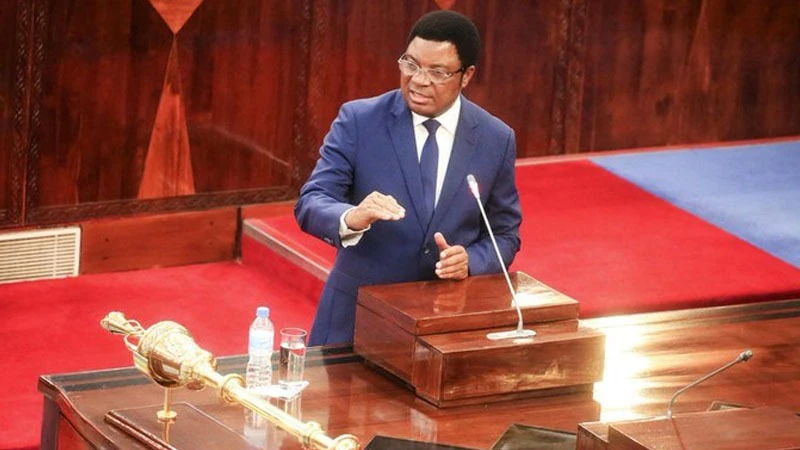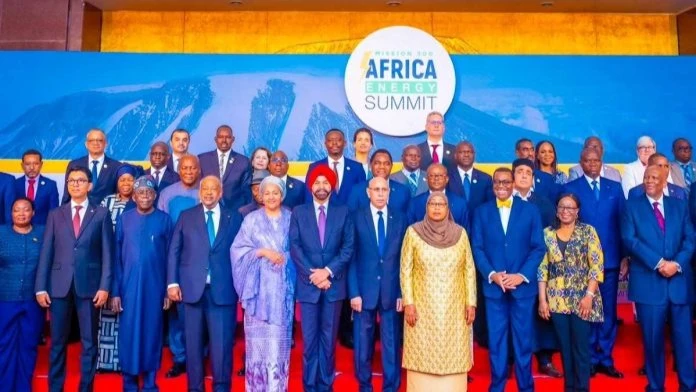Pivotal CCM nominations: Air of optimism justified

IN concluding remarks at the end of business in the ruling party extraordinary national congress, President Samia Suluhu Hassan asked party leaders to reflect upon the need to adhere to ethical standards, as well as opposing injustice and oppression especially during elections. This was a message delivered at the diplomatic sherry party, and its promise appears to have been enhanced by the nominations that the party’s relatively unprepared delegates accepted to move into motion.
There was indeed visible political excitement as the public all of a sudden saw the key nominations for the general elections being done well ahead of time. Unsurprisingly there were elements of not so visible disappointment, as factions are normal in political parties, and they were gearing to trade blows, or some divisive canvassing, either on the candidacy as some were projecting earlier. Or perhaps it would have been the nomination of the running mater that would plausibly attract considerable horse trading, none of which is altogether healthy.
Virtually no one expected this sort of turn or sniffed it in the media early enough, as up to that point the proper agenda was filling the seat left more than six months ago by Abdulrahman Kinana as Mainland vice chairman. The idea of finishing the nominations on the spot was picked up from somewhere, seemingly from the council of elders, specifically former party leaders at positions of the union of Zanzibar president. Those who were premiers or vice presidents are but invitees.
There is something that founder president Julius Nyerere introduced in formal political canvassing language in 1995 when picking the party nominee for the presidency. The formal voting was going in the direction of rookie Jakaya Kikwete, then just 45 and already having a number of years as a cabinet minister. The former president, who was interim chairman for the nomination process, devised a method for pooling of votes for the second best candidate whose age, at 58, was more assuring for the party leadership. Benjamin Mkapa was handed the block of votes from Zanzibar, thus eclipsing the then frontrunner.
The nomination ten years later was engulfed in plenty of horse trading and zonal alliances whose fallout plagued the next administration from split loyalties, machinations. This or that policy move by the incoming government, especially where it engaged public-private partnership, was being put to extraordinary scrutiny to find a loophole of doubting its good faith. This pierced into the original alliances struck at the time of the polls and the fault finding or corruption allegations became a culture. When that period ended CCM was fatigued; it was in the mood for an authoritarian respite, where cash, canvassing, are ended.
While the past four years and now in the fifth year belong to President Samia, it is somewhat surprising that in a sense it was the final year of the earlier administration which the current incumbent served as VP. There are visible aspects of governance which have for a while not exactly reflected the position the president has consistently put across, and at times being unable to put a check on such situations. In the aftermath of the nominations, a different culture could now take root.
Top Headlines
© 2025 IPPMEDIA.COM. ALL RIGHTS RESERVED

















